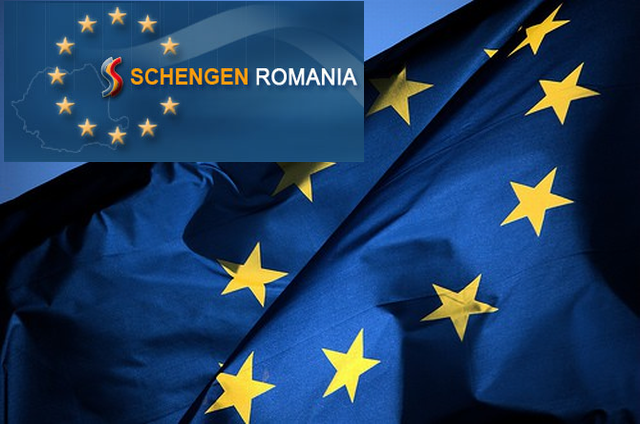What Hinders Romania’s Schengen Accession?
Three years from the moment Romania was supposed to join the Schengen area, no one dares make predictions any more.

Corina Cristea, 21.03.2014, 13:35
Three years from the moment Romania was supposed to join the Schengen area, no one dares make predictions any more. Not losing hope, however, Romania claims it has met the criteria for joining, and remains confident that it would eventually become a part of the free movement area in Europe. In an interview with Radio Romania, Marian Tutilescu, a high-ranking officer with the Ministry of the Interior and an expert in Schengen issues, reviewed the events:
Marian Tutilescu: “The Internal Affairs Council of June 9, 2011 established by unanimous vote that Romania and Bulgaria meet the accession criteria fully. This decision clearly shows that there is absolutely no problem with meeting the conditions. Meanwhile the European legislation has evolved in certain areas, and the phenomenon of migration has changed, too. In terms of legislation, Europe has passed a package of measures on strengthening governance in the Schengen area, which includes two sets of measures, one on changing the evaluation criteria for candidate states, and a second is on measures for boosting security in the Schengen area, namely measures allowing the shutting down or re-opening border crossing points at the borders of a specific member state, under certain conditions. One of these is the situation where a member state faces unusual migration pressure, and that state is able to set up border controls for six months, which can be extended three times for a total of two years, until it resolves the situation which threatens the security of the Schengen area.”
This package of measures is an important instrument for propping up security in Schengen, considering that there have been strong waves of migration from Turkey to Greece at first, then from Turkey to Bulgaria. Right now things are more stable, says Marian Tutilescu, adding that there will be migration waves in the future too, but not significant. In terms of evaluation, Romania and Bulgaria had finalized the process at the time the new package of measures came into effect, so that, in terms of the new legislation, they don’t need any additional evaluation.
The Schengen Treaty is quite explicit, and Romania has fully met all its obligations, according to Mircea Geoana, the head of the Parliamentary Committee on Schengen integration. He also rejected the idea of linking accession with political elements, European instruments and election cycles in major European countries, even more so given the recent developments in Ukraine.
Mircea Geoana: “Right now, Europe needs unity more than ever. Never in the last 40 years has Europe faced such a risk of conflict and of rekindling the Cold War since the US deployed medium range missiles in the 1980s. Therefore right now any form of populism, egotism or European double talk has to stop. What happened to Romania and Bulgaria over the last years was downright double talk.”
Marian Tutilescu does not rule out a positive ruling in October, allowing Romania to remove EU border controls, but he pointed out that this decision has to be taken by unanimous vote in the Council of Internal Affairs. As to possible arguments for once again delaying the decision, Marian Tutilescu says they are hard to predict:
Marian Tutilescu: “The essential argument has been that referring to progress in the Cooperation and Verification Mechanism, but every time this was put forth there were other interests behind this claim, including unspoken domestic electoral interests, which have no connection to the Schengen acquis. I felt this every time, but unfortunately we, as experts who did everything in our power to meet these Schengen standards, saw that beyond these treaties there was a gray area in which some politicians moved. We saw the situation with the Netherlands, where a far-right party made its parliamentary support for the government of the Netherlands conditional on opposing Romania’s and Bulgaria’s integration, for, once again, domestic political interests of the moment.”
The Romanian authorities hope that in the second half of this year, a decisive step would be taken to remove air and water travel restrictions, with a decision pending for later in terms of ground borders.






























